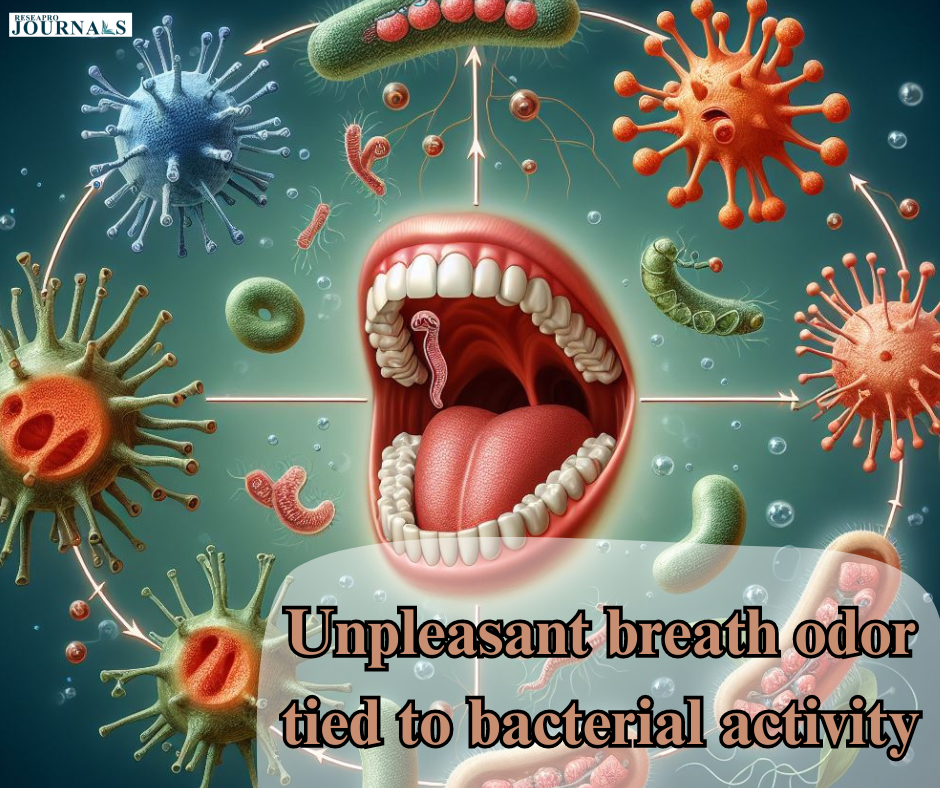
Bad breath, also known as halitosis, can be a source of embarrassment and discomfort. Have you ever wondered why it occurs? Well, it’s not just about what you ate; it’s also about the microscopic world of bacteria in your mouth. These tiny organisms play a big role in causing that unpleasant odor.

When we eat, small particles of food get stuck between our teeth and on our tongue. Bacteria living in our mouths break down these food particles through a process called digestion. As they digest, they release gases as byproducts. One of the smelliest compounds they produce is called methyl mercaptan (CH3SH), which has a foul odor reminiscent of rotten eggs.
The bacteria primarily responsible for producing methyl mercaptan reside around the teeth and on the surface of the tongue. These oral bacteria contain enzymes that facilitate the breakdown of food particles into these smelly compounds. Despite their small size, these bacteria are powerful enough to cause a significant odor.
In conclusion, bad breath is not just a result of what we eat; it’s also linked to the activity of bacteria in our mouths. By understanding the role of oral bacteria and enzymes in breaking down food particles and producing foul-smelling compounds like methyl mercaptan, researchers can develop better strategies for combating bad breath and promoting oral health. So, the next time you reach for that breath mint, remember that it’s not just covering up the problem—it’s targeting the bacteria behind it.
